If you’re looking to buy a mobile home, then there are several factors you need to keep in mind. The most crucial thing you should do is get your mobile home inspected. It’ll ensure you make the right decisions and the transaction goes smoothly. A mobile home inspection ensures your investment is protected while buying the house. Before buying a mobile home, you need to inspect several structural issues, contrary to traditional homes. They may have unique issues that traditional homes don’t have. One instance is crowning, which can happen in manufactured homes when the floors protrude past the I-beams.
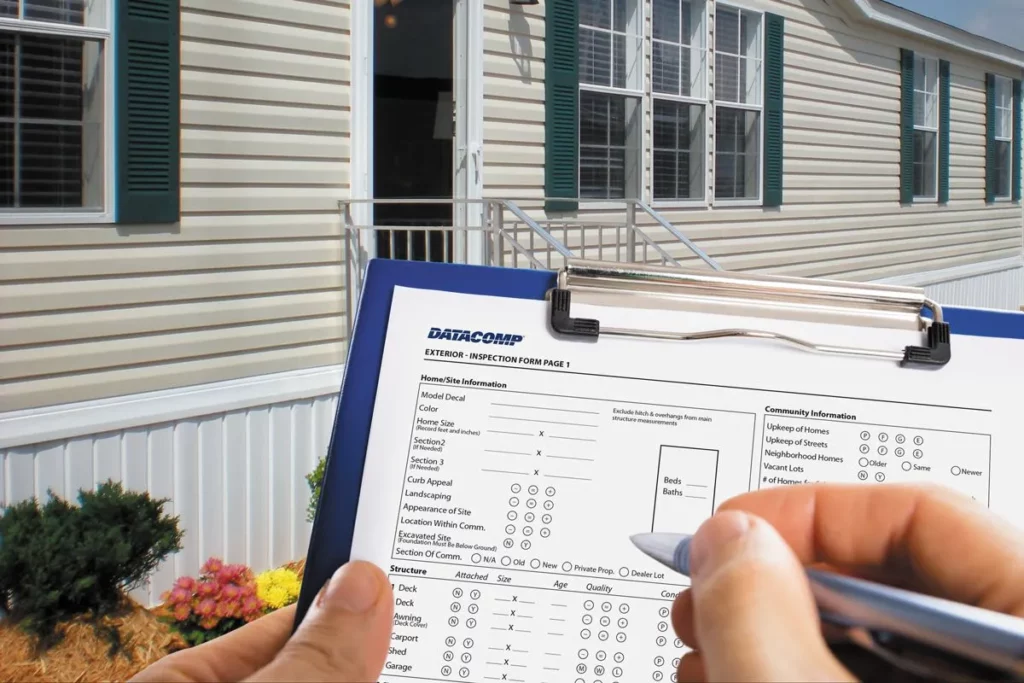
You may save hundreds or even thousands of dollars by having a home inspection. Moisture levels and other things that you wouldn’t be able to find on your own can be checked by an inspector.
In this post, we’ll discuss the importance of inspections in mobile home purchasing in South Carolina.
Let’s Dive in.
Why Should You Inspect Your Mobile Home Before Purchasing In South Carolina?
Mobile homes are quite different compared to traditional homes. Mobile homes are built differently than traditional homes and face unique situations and issues. Regarding mobile homes, several problems don’t even come into play when building a house on-site.
If you’re planning to buy a mobile home to live in or invest in, you’d want to protect your investment by getting it professionally inspected. Getting it inspected will let you know if there are any repairs you need to do and if the cost of the home and repairs is a worthwhile investment for you. It’ll also give negotiating power to get a better price for the home. And if your mobile home is in good condition, it’ll provide peace of mind.
What Does Mobile Home Inspections Cover?
In South Carolina, mobile home inspections are 2 types of inspections, generalized and specialized. A general inspection covers the overall examination of your property, and a specialized inspection focuses on a single aspect in great detail.
General Mobile Home Inspection
A generalized mobile home inspection examines the overall condition of the mobile home. Essentially, it finds any issue that can be visually identified. It usually includes:
- Foundation Inspection. A mobile home’s foundation is inspected for cracks, damaged floorboards, mildew, and more.
- Garage Inspection. Involves examining the garage’s foundation, fire safety, walls, and doors
- Wall Inspection. Helps identify the mold, cracks, and damage to the walls caused by water, heat, or air.
- Roof Inspection. Here your mobile home’s roof gets examined for water leakage, wear and tear from natural elements, mold, structural issues, and more.
- Plumbing Inspection. Examines the mobile home’s sinks and toilets and water pipelines for leakages, damaged fittings, and water and chemical corrosion.
- Grading Inspection. The ground’s slope around the house is the subject of this inspection. It is done to ensure that flood or rainwater moves toward a drain or away from the house.
- Electrical inspection. Finds faulty electrical wiring, lack of earthing on the mobile home, and overloaded circuits.
- Kitchen Inspection. Comprises a general hygiene and safety check, an examination of electrical kitchen appliances, cooking equipment, and more.
Specialized Mobile Home Inspection
A specialized home inspection may be recommended by a mobile home inspector after conducting a generalized inspection. Some specialized home inspections include:
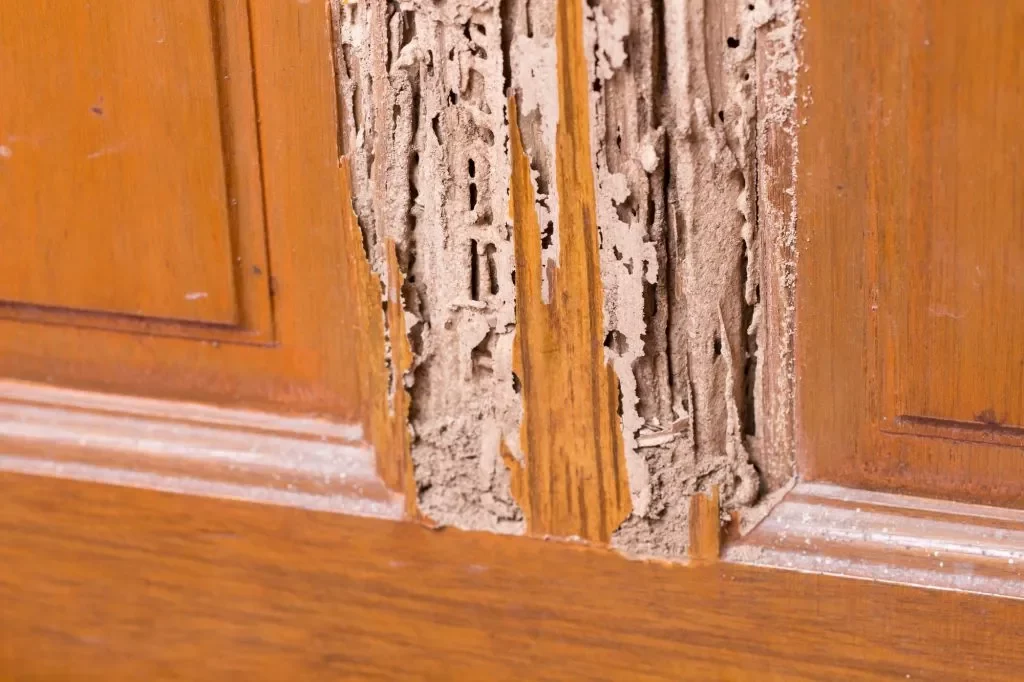
- Asbestos inspection. Identifies the presence of asbestos materials on the mobile home. The inspector might use special tools to analyze the traces of asbestos.
- Lead-based paint inspection. The process involves an inspector visually inspecting the property to determine whether lead-based paint is present. Toxic lead levels are checked to ensure they don’t represent a potential safety hazard.
- Radon inspection. Covers radon levels present in the air, water, and soil surrounding the property. Radon beyond a certain level can pose a safety hazard.
- Chimney inspection. Entails visually inspecting the chimney and fireplace for buildup, soot, and obstructions. If necessary, the inspector may advise you to clean the chimney.
- Termite inspection. Entails looking for obvious indications of a termite infestation inside and outside the house. These indicators include splintered or damaged wood, pest droppings, and more.
To Wrap It Up
Performing an inspection before buying a mobile home in South Carolina isn’t only a good decision, it’s essential. It’ll give you several key insights into the house and help you make a better decision.

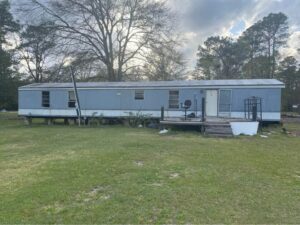

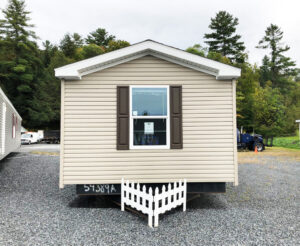
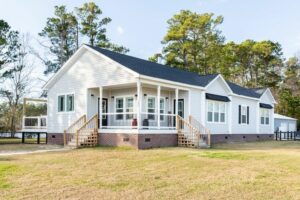
[…] biggest reason behind making electrical upgrades is to enhance the safety of your home and prevent any potential hazards. There are several benefits to upgrading your […]
[…] most common myth about mobile homes is that they are poorly constructed and highly susceptible to damage. This myth stems from homes […]